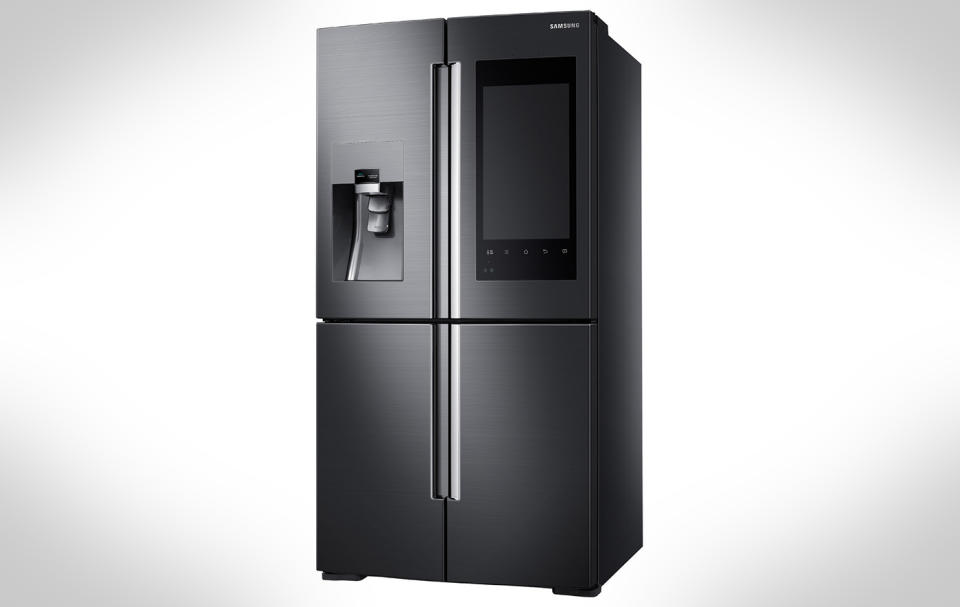The UK wants smart homes to become one with the energy grid
The government plans to change the way we manage energy.
The UK government imagines a near future where smart home devices and appliances can help balance the scales of energy supply and demand, as well as save consumers and businesses money. The Department for Business, Energy and Industrial Strategy has worked with regulator Ofgem and the industry on the "smart systems and flexibility plan," which sets out ways in which we can make smarter, more efficient use of the grid and new technologies. Connected appliances could play an important part. You might want to set your smart washing machine to run when electricity is particularly cheap, for example, or even cede control of your smart fridge to an external force that turns it off for ten minutes when demand is high and the grid is stressed.
This is called "demand-led response," and some businesses already have special arrangements with energy suppliers to cut costs and/or help manage pressure on the grid. The government believes it may be possible to do this on a much smaller scale, across individual households and devices. For that to happen, though, it needs to lead the discussion, help draft industry standards, regulate, legislate and make sure systems and data are safe and fit for purpose. Basically, all the stuff you might imagine the government needs to do to support innovation in this area, with this report marking the beginning of that process.
More and more energy is coming from renewable sources, and we're using it in different ways too, like charging our EVs at night. Gaming the system used to mean setting the water tank to heat up before dawn when electricity was cheapest, whereas now it's filling up a Tesla Powerwall from solar roof tiles and selling excess juice back to the grid. Vehicle-to-grid tech trials and other smart and efficient ways to manage energy are being developed, and the government wants to make sure it's creating the right environment for those to move forward.
Smart meters let you see exactly what you use and how much it's costing you, allowing you to manage usage and expense. But this direct line to the supplier can work both ways. The government wants to make it cheaper and easier for individuals to sell electricity back to grid, as well as help people understand when the best time to do that is.
The plans aren't focused just on the end consumer's role, but that of the energy producer, too. The government wants to further explore opportunities for new, industrial-scale storage projects, for instance. Though today's report is full of impenetrable language, it pretty much does what it says on the tin: It's a loose plan for smarter, more flexibility energy management, which will be followed by more formal action and legislation.
In a related announcement, The Department for Business, Energy and Industrial Strategy also launched the "Faraday Challenge" today, a £246 million investment fund to support research and development in battery technology.


